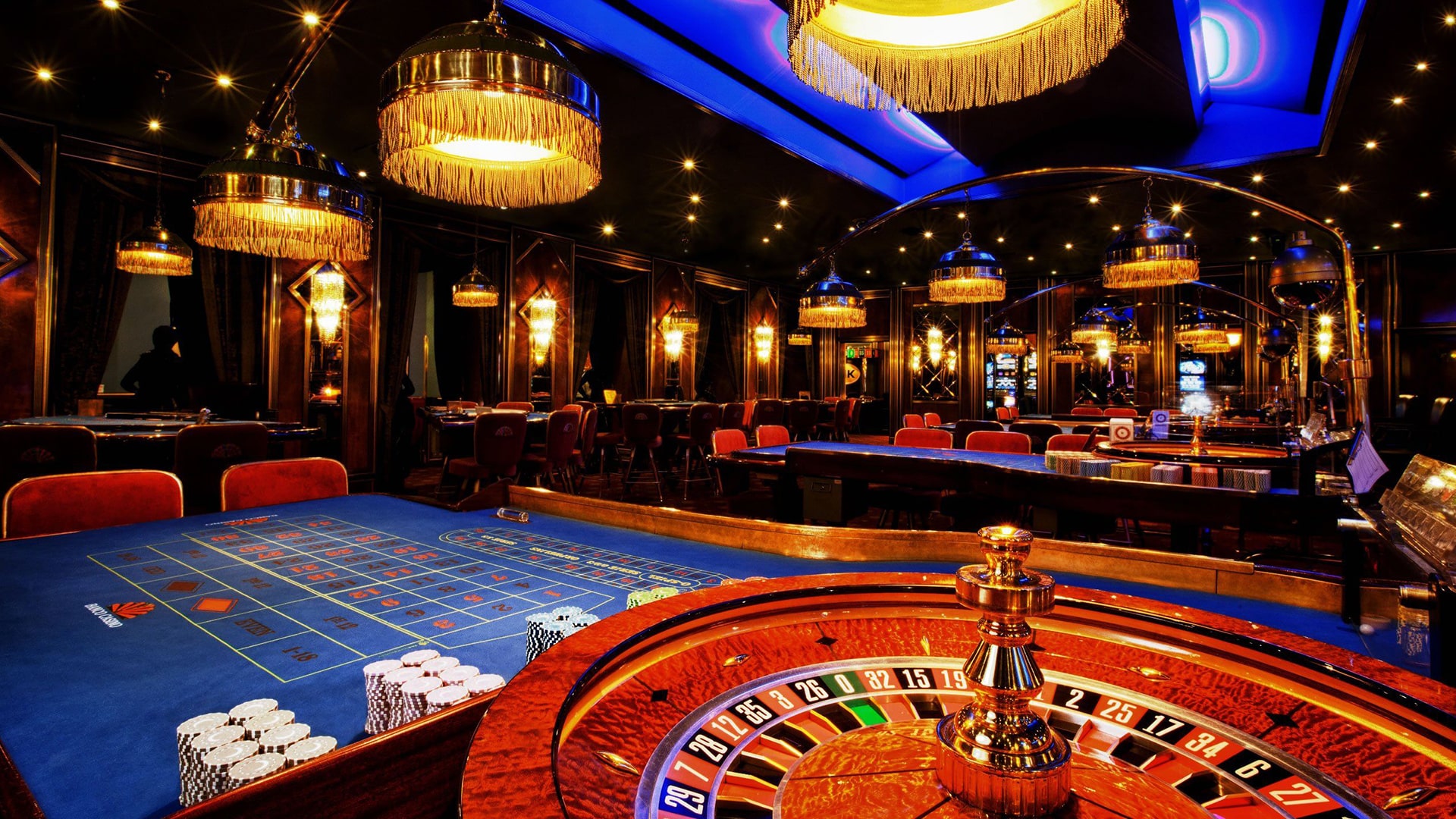
In the vibrant realm of casinos, in which the air humms with enthusiasm and the clinking of tokens permeates the environment, the position of a game dealer is both essential and fascinating. Each day, these experienced professionals step into a world where fortune and strategy intertwine, leading players through the highs and lows of their chosen casino games. From card games like blackjack and texas hold ’em to the revolving wheels of the roulette table, dealers manage the action while ensuring that every game runs smoothly and honestly.
As the day breaks on another bustling day, a casino dealer prepares to immerse themselves in this vibrant environment. Their duties extend beyond just distributing the cards or spinning a wheel; they are also entertainers, service providers, and keepers of the game regulations. Each workday brings new challenges and experiences, making every day distinct in the life of a casino dealer. This behind-the-scenes look will examine the day-to-day operations of a casino game dealer, highlighting the skills and insights that make this career both thrilling and fulfilling.
The Role of a Casino Table Dealer
A gambling table croupier is at the core of the gambling experience, managing the flow of the game while making sure that players are involved and enjoying themselves. Their primary duty is to manage the game, which includes distributing cards, rotating the wheel, or handling the chips, depending on the type of game being played. Dealers must have a thorough understanding of the rules and guidelines governing each game, while also upholding a friendly and welcoming demeanor to improve the gambling atmosphere.
In addition to overseeing the gameplay, croupiers must also keep a close watch on the players and the surroundings around the table. This entails watching for any indications of cheating, ensuring that everyone is adhering to the rules, and resolving any conflicts that may arise among players. Effective communication skills are essential, as dealers often provide explanations about the game’s mechanics and offer assistance to those who may be new to gambling games.
Furthermore, a croupier’s role extends past just the technical aspects of the game. They play a crucial part in creating an enjoyable experience for the players. This necessitates building a rapport with patrons, being sensitive to their needs, and often injecting an element of entertainment into the play. It’s this mix of talent, vigilance, and interpersonal relationship that makes the role of a gambling table dealer both challenging and fulfilling in the dynamic world of gambling games.
Daily Responsibilities and Challenges
One of the key responsibilities of a casino game dealer is to manage the multiple games offered at their table, ensuring a seamless and satisfying experience for players. Dealers must be adept at dealing cards, counting chips, and maintaining the flow of the game. This calls for a sharp understanding of the rules of each game, from blackjack to roulette, and the ability to answer players’ questions while keeping the game progressing. Attention to detail is essential, as dealers must monitor bets, disburse winnings accurately, and watch for any cheating or discrepancies at the table.
In addition to supervising the game itself, dealers encounter challenges such as dealing with difficult players. The casino environment can be stressful, particularly during intense games, and a dealer must remain composed and professional at all times. They need strong interpersonal skills to navigate interactions with players who may be frustrated about losses or dissatisfied with the game’s speed. Navigating these situations delicately is crucial in ensuring a positive atmosphere on the casino floor.
Another significant responsibility is upholding the integrity of the game. Dealers must be vigilant and observant, watching for any signs of collusion or cheating among players. This entails not only a solid knowledge of the games but also an awareness of human behavior. U888 They must also adhere to the casino’s rules and procedures, participating in regular training sessions to stay informed on rules and protocols. Balancing these responsibilities while providing top-notch customer service is what makes the role both difficult and rewarding for a dealer in a casino.
Attributes and Traits for Achievement
A effective casino game dealer must have superior communication skills. This includes not just the ability to explicitly explain game rules and procedures to players but also the capacity to engage with them in a friendly and respectful manner. Fostering rapport with guests can enhance the gaming experience and promote repeat visits to the casino. Strong communication enables dealers to manage tables seamlessly while ensuring that players feel appreciated.
Moreover, solid mathematical skills are essential for a dealer. Quick calculations are often required to follow bets, payouts, and game outcomes in real-time. A dealer’s ability to perform these numerical tasks accurately and swiftly promotes to the overall efficiency of the game. This skill helps in maintaining the flow of play and in minimizing disputes or misunderstandings with players, which is crucial in a fast-paced casino environment.
Lastly, an ideal casino game dealer should demonstrate integrity and professionalism at all times. Trust is a crucial component of the gaming experience, and players must feel confident that the games are conducted fairly and clearly. A dealer’s dedication to upholding high ethical standards fosters a positive atmosphere at the table and enhances the casino’s standing. Being consistent in behavior ensures that dealers leave a lasting impression on guests, which can lead to a loyal customer base.